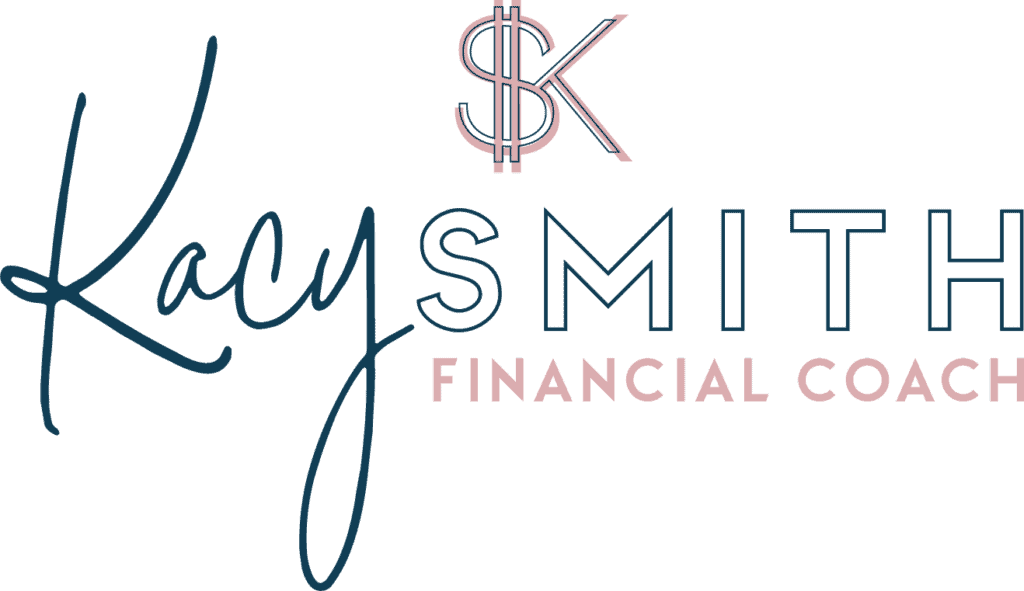
The Coronavirus has no doubt created some type of buzz among people no matter where you live. As individuals get ready for the coronavirus to spread, many are hitting the supermarket to load up on provisions. Nonetheless, what a great many people need is sufficient money to weather the storm. The vast majority are not financially prepared for a COVID-19 outbreak. With 78% of Americans living pay check to paycheck, most people cannot even afford a $1000 emergency. So, what does this mean for you? Should you buy those funny face masks? Should you run out and buy tons of toilet paper? What effect will this have on your retirement? Will you still be able to take that vacation you’ve already planned and paid for? Hopefully, you have not fallen victim to the hysteria and already have made some irrational financial moves. The best general guidance I can give at the moment is to go into “Storm Mode” as we weather this financially.
- STAY CALM – When we entertain worry, uncertainty and fear, we let those emotions drive our decisions. We want to take a step back and make well thought-out decisions especially when it comes to your finances. Do not let the actions of others dictate your own feelings. “Therefore do not worry about tomorrow, for tomorrow will worry about itself. Each day has enough trouble of its own.” ~ Matthew 6:34
- BE AWARE – Most people are not sure how their job and family will be affected by this virus. Stay informed and check the CDC for up-to-date information as it unfolds. Check your local resources for closures, cancellations, etc. Plan for school closures which equates to child care. Stay in contact with your employer and see if remote work is available if necessary. Check with Human Resources and see what benefits you have. All of these actionable steps will keep you ahead of the game. “The heart of the discerning acquires knowledge, for the ears of the wise seek it out.” ~Proverbs 18:15
- TAKE CARE OF YOUR 4 WALLS – This includes housing, transportation, food, & utilities. Make sure you stay caught up on your rent or mortgage, gas for commuting, food for your family, and that utilities are paid. Continue to keep as normal of a routine as you can especially for children. We do not want to create any added fear within them. Talk to your kids as to inform them, not scare them. “Do not be anxious about anything, but in every situation, by prayer and petition, with thanksgiving, present your requests to God.” ~Phillipians 4:6
- PAUSE THE DEBT SNOWBALL – Now is the time to pause your debt pay-off plan and make only the minimums to your debt. If by any chance your wages might be affected, it’s important to keep good communication with your creditors or vendors. By keeping current on your credit minimum payments will alleviate more problems later with late payments and fees that could be very hard to recover from. You can always pick up the Debt Snowball plan when the dust settles.
- STOP FRIVOLOUS SPENDING – This is not the time to go out and purchase miscellaneous and high ticket items that are not conducive to your family budget when there is a storm. The Bible contains 2,350 verses about money and possessions—15% of everything Jesus said related to issues of money. I am convinced the reason the Lord said so much about money is because He loves us and wants us to handle money in the smartest way possible. Start by asking yourself if what you want to purchase is a need or a want. If you aren’t sure, take 3 days to think about it and if it’s still is at the forefront of your mind, it probably is a need. Also start by checking your accounts for monthly subscriptions & membership fees you really do not use and cancel them. It might include a magazine, or gym membership, or maybe it is that app you signed up for and forgot about. Consider cancelling cable or call and see if you can get your bill reduced. It would also be a good time to shop around for insurance and make sure you are getting the best rate you can get. If nothing else, cancel your Amazon account. Stop using your credit cards and use your debit card to keep your spending in check. Thinking of ways to cut back should be a priority.
- STOCKPILE CASH – Most Americans do not have an Emergency Fund. Now would be the time to stockpile as much cash as you can until you are more financially stable. Look at anything you can sell online or consider a side-hustle to acquire more cash. Another idea would be to have your workplace deduct a certain amount from your check to go directly to your savings. You’re less likely to miss it and your savings will build. Once the storm has passed you can easily resume your financial plan and even throw some cash at your debt.
These are just a few suggestions to get you through an unpredictable storm. Even the smallest of changes can have a huge impact on you financially. If you still feel like you need a more tailored financial plan coupled with accountability to implement, don’t hesitate to reach out to me and I’ll share with you what that would look like! I have literally helped dozens and dozens of families who are now less worried and more prepared than ever for times like these.
Till next time! Stay safe!

